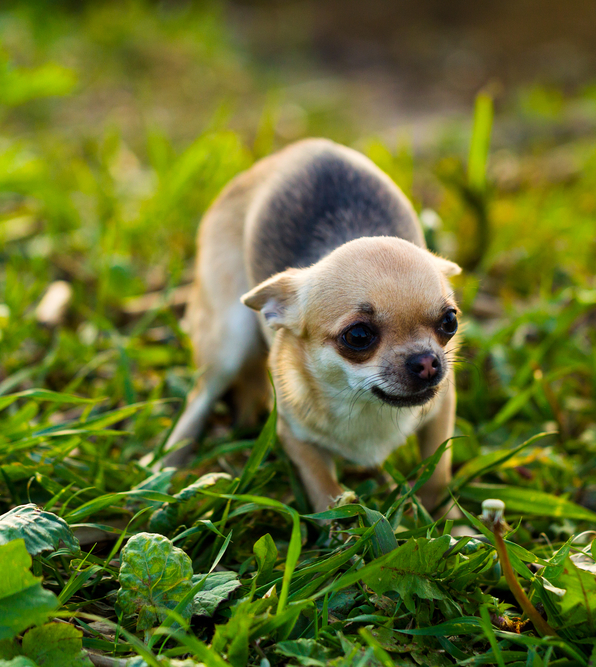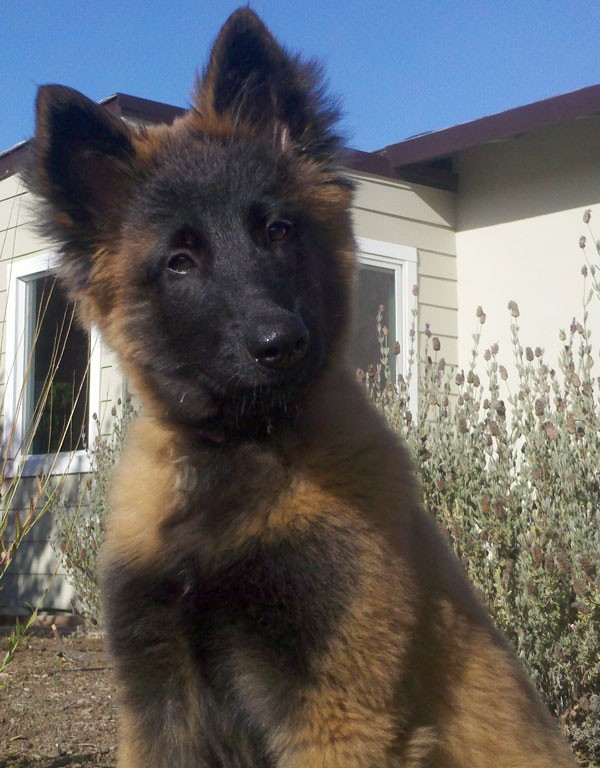Can you tell when your dog is uncomfortable? With experience, most people can figure it out. They get to know their own dog well and tend to notice when he's not being himself.
There are some typical stress-related behaviors most of us easily pick up on, but just like people, dogs might sometimes exhibit some less common or downright unusual signs of stress. I have a friend who laughs uncontrollably when she feels intense pain, and another who succumbs to giggle fits at really inappropriate times, like during a funeral or, once, while getting fired from a job she loved. Under very stressful situations, these friends respond with some rather unexpected behaviors.
Your dog might also display behaviors that are less than "textbook" when he's stressed. It takes practice to pick up on the more subtle clues, especially when they're a little on the unique side.
The good news is that most dogs will display the more easily recognized signs. The faster you can detect your dog's discomfort, the sooner you can intervene. Doing so will help prevent the development of a bigger fear-based problem, and if one already exists, knowing when and how to intervene can help your dog overcome his fear or discomfort.
About twice a year I teach a class for FDSA on how to use counterconditioning and desensitization techniques to help treat fearful behaviors. Throughout the course I emphasize the importance of preventing dogs from "going over threshold" — that is, from putting them in a position where they are forced to cope with more than they can handle.
So how can you tell whether you've crossed that line? How much stress is too much?
First, we need to understand that signs of discomfort are often much more subtle than the bigger, more obvious signs that our dog is feeling extremely fearful.

